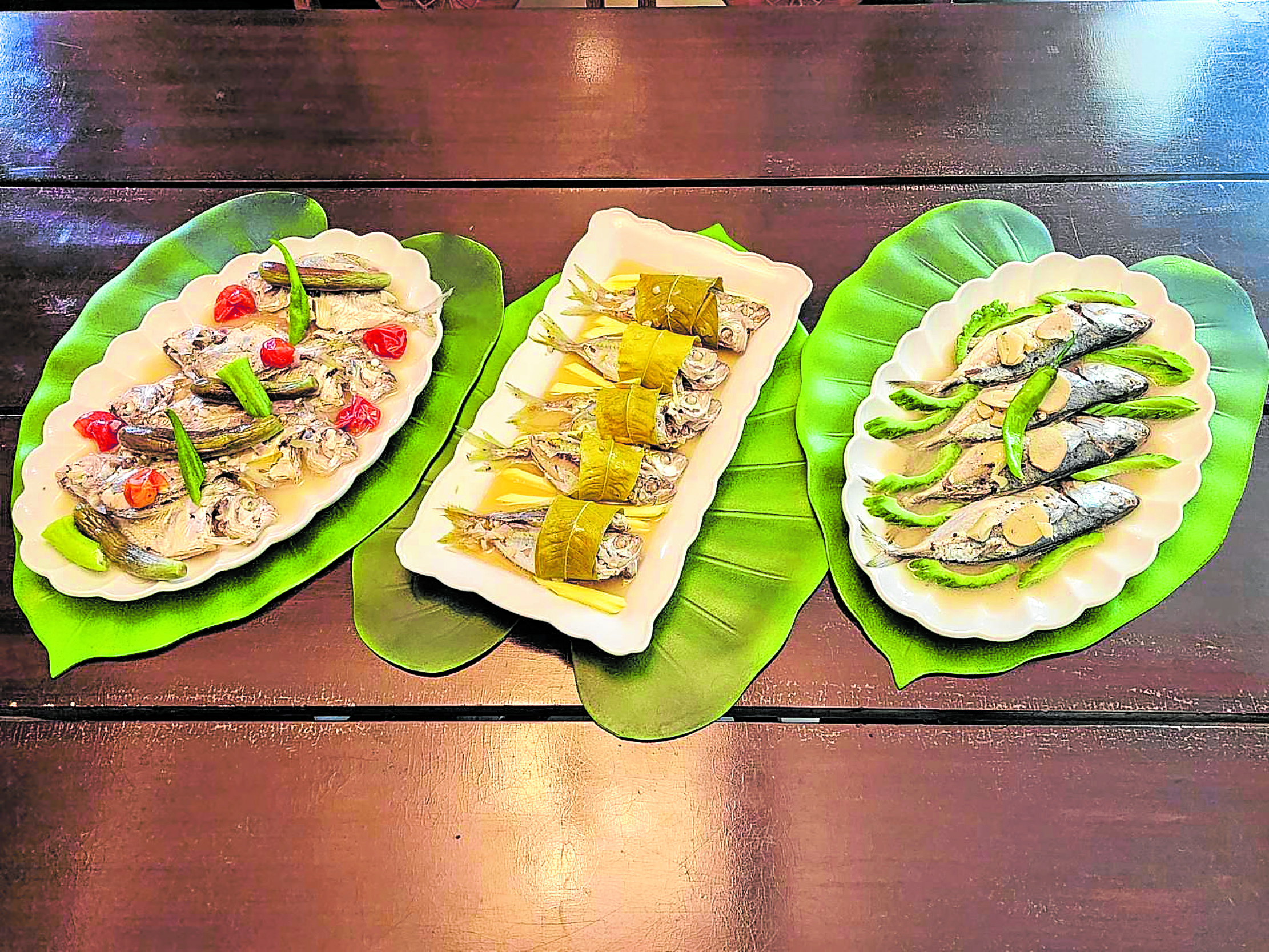In response to last week’s column, GrabTaxi Inc. vice president for marketing Natasha Dawn Bautista said she would look into the incident that I encountered while trying out the company’s services.
She said, “If we find out that the driver had accepted your booking and canceled, we’ll take necessary actions… because we enforce a penalty system [so drivers do not do] what your driver did.”
I think the first thing GrabTaxi should do is to remind drivers that they have certain responsibilities when they sign up to join it.
As is often the case, people join something because they are after whatever comes with membership—in this case, drivers get a mobile phone. I understand they are supposed to amortize it, but for some people, as long as they pay the monthly fee or whatever, all other requirements are optional.
I also asked Bautista why the message I got said the driver was just two minutes away, which meant he was just a couple of blocks from where he was supposed to pick me up. She said estimated time of arrival was based on distance as provided by Google Maps and Four Square locations and did not allow for the traffic situation just yet.
Organic market
If you happen to be in the Katipunan, Quezon City, area on a weekend, you may want to check out the new Cravings Goes Organic market. As the name suggests, this is an initiative of the Cravings group, specifically its founder Annie P. Guerrero. Cravings Katipunan will make available on Saturdays and Sundays fresh and organically grown farm produce and poultry like kale, cauliflower, red cabbage, Sagada oranges and eggs.
Guerrero is also using the market to promote organic food production. She says organic gardening can be done even when space is limited by using discarded plastic containers. Through the Culinary Education Foundation, Cravings pursues and promotes eco-sustainability goals by practicing composting, vermiculture (propagation of earthworms) and aquaculture. It produces “bokashi” (fermented organic fertilizer) from kitchen and garden wastes.
Guerrero is also promoting “survival” or “Cooking in Times of Disaster.” Her list of survival food includes banana, coconut, malunggay, cassava, papaya and kamote.
A toast to Chile
I spent a delightful evening recently at Chateau 1771 in Greenbelt tasting red and white wines from Chile’s Concha y Toro. Being almost exclusively a wine drinker (a good excuse not to drink when I used to spend a lot of time at the National Press Club, where wine was not served), I am always eager to taste new wines.
I already have a healthy respect for Chilean wines even before the event organized by Concha y Toro’s local distributor, Fly Ace. The wine tasting simply reminded me that every time I buy wine, I should consider Chilean labels as well. Although I am partial to reds, I found the whites refreshing when well-chilled, with crisp flavors and scents.
Mario Aguado, who briefed us on Concha y Toro, said the winery was the biggest not just in Chile, but the whole Latin America, and second in the world in terms of plantation size. It had been named The World’s Most Admired Wine Brand for the third time in a survey conducted by Drinks International.
In October, it was also recognized as one of the Top 100 wineries of 2013 by the United States’ Wine & Spirits magazine, receiving the distinction for the 19th year and elevating it to the Hall of Fame.
So, when you celebrate the holidays and find the familiar labels too pricey, you do not have to feel like you are scaling down by getting Chilean wines. Concha y Toro brands have been labeled winners by international wine connoisseurs. And if you believe that only French wines will do for your guests, it might interest you to know Concha y Toro has been in a partnership since 1997 with the Baron Philippe de Rothschild group.
Send letters to The Consumer, Lifestyle Section, Philippine Daily Inquirer, 1098 Chino Roces Ave. cor. Mascardo and Yague Sts., 1204 Makati City; fax 8974793/94; or e-mail lbolido@inquirer.com.ph










































